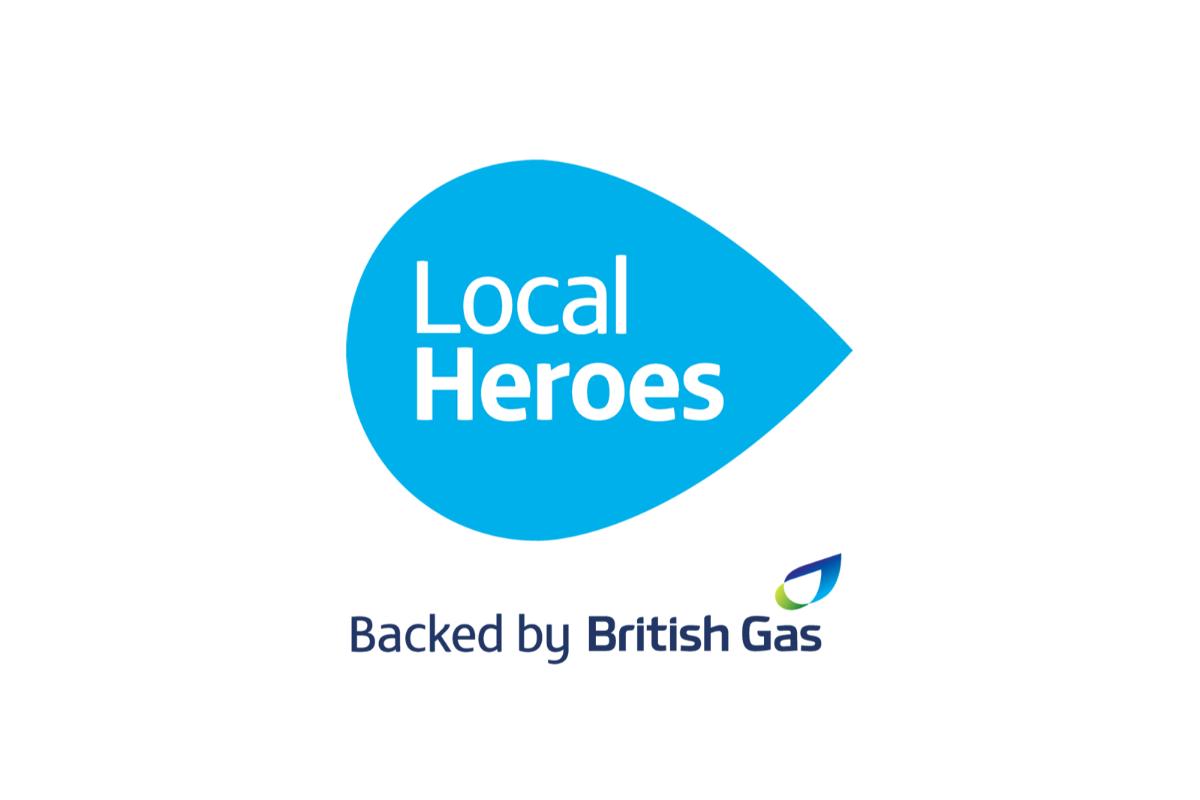It can come as a shock. But more than one landlord has discovered to their cost they're unable to evict a tenant because of a technicality. And more often than not it's because they failed to comply with their legal obligations. For several years now, there's been a requirement for landlords to fulfil their legal and safety compliances or risk losing the rights to evict their tenant with a Section 21 notice. These include:
Deposit protection
Failing to protect your tenant's deposit can be an expensive mistake for any private landlord. When the tenant pays the deposit, you have 30 days to lodge it with a deposit protection scheme. You must also provide your tenant with the prescribed information required by the guidelines. If you don't do this your tenant can claim compensation from you. And you’ll have no choice but to pay it. This could be for between one and three times the deposit amount. To compound matters, you won't be able to serve a valid Section 21 notice on your tenant.
Energy Performance Certificate
Since April 1, 2018, every rental property must have a minimum energy rating of 'E' when a new tenancy begins. You're unable to rent out the property if it has a rating below this. Aside from ensuring your property meets the minimum requirement you must also provide your tenant with a copy of the certificate. If you don't do this, you'll be unable to evict with a Section 21 notice.
Mandatory and selective licensing
As a private landlord you need to be aware of local licensing rules. There's a growing trend for local authorities to introduce selective licensing. This type of licensing is intended to:
Regulate landlords.
Reduce anti-social behaviour.
More councils are introducing this kind of scheme so do check with your local authority. Welsh landlords may need a licence through the rent Smart Wales initiative. Landlords with HMO properties will need a mandatory licence.
It can be costly in more ways than one if you don’t have the correct licence. You could be subject to a rent repayment order and will be unable to serve a valid Section 21 notice.
Gas Safety Certificate
If there's a gas boiler or any gas appliances in your rental you must have a valid Gas Safety Certificate. Only a qualified engineer can issue the certificate. The engineer must be on the Gas Safe Register and you must arrange for a every twelve months. To comply with the law, you need to provide every new tenant with a copy of the current certificate.
The need for tightly regulated gas safety standards is obvious. And landlords must comply with the law. If you don't keep your Gas Safety Certificate up to date you won't be able to evict the tenant using a Section 21 notice.
Don't forget How to Rent
We mentioned earlier you must include the correct information when you protect a tenant's deposit. But there is other prescribed information you must also give your tenant. And again, you won't be able to issue a Section 21 notice if you forget to do so. In this case, you must give your tenant a copy of the government's How to Rent booklet. Of all the legal compliances this is probably the easiest to overlook. But the consequences of doing so make it imperative you give the booklet to every new tenant.
Other compliances
There are also other legal compliances which landlords of single dwellings and HMOs must adhere too. These include:
HMO landlords must do a risk assessment to satisfy the Fire Safety Order regulations.
Electrical inspections for HMOs. Though electrical safety checks are recommended for all properties.
All landlords must install fire alarms. HMOs also have to satisfy other criteria including designated escape routes.
If there are fuel-burning appliances in the property you must provide a carbon monoxide alarm.
There’s also a requirement to undertake a risk assessment for Legionella though this differs accounting to the type of property.
Private landlords can find tenants fast by listing their property with MakeUrMove the online letting platform bringing landlords and tenants together.






